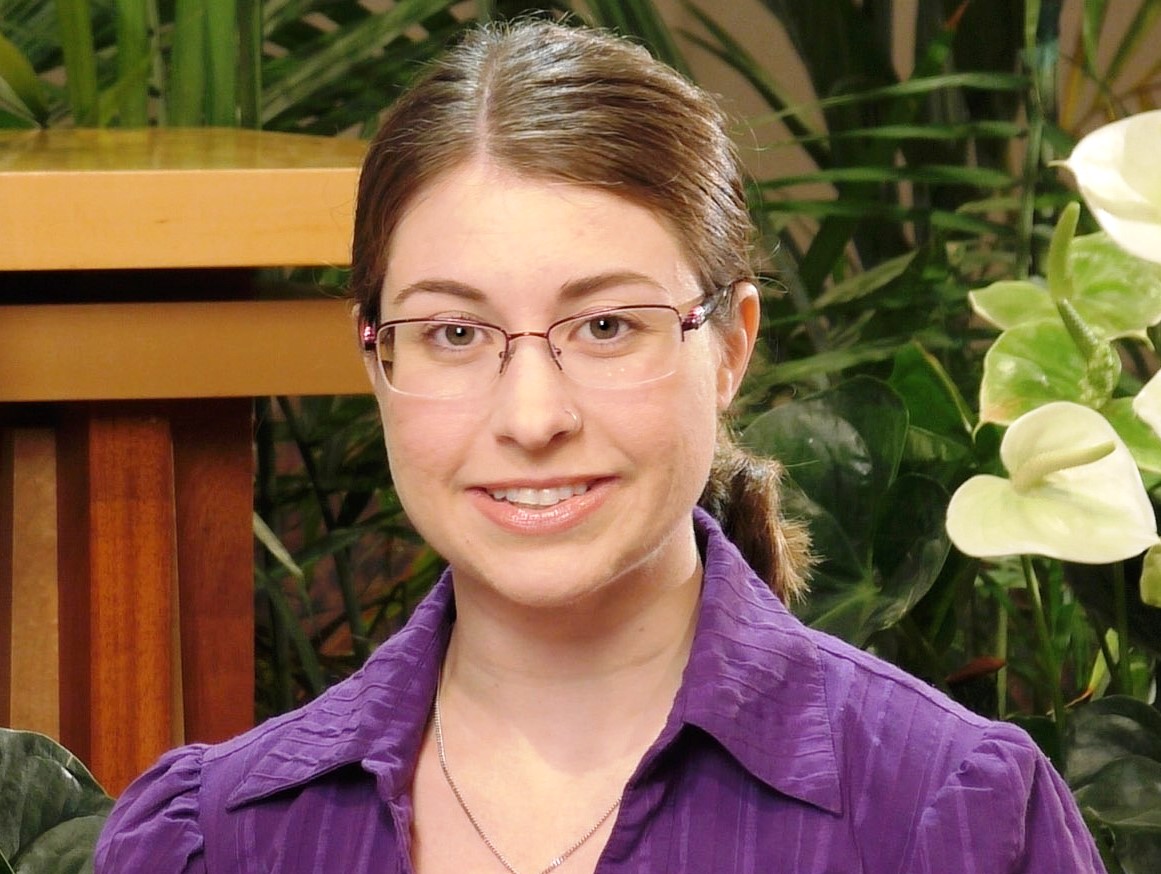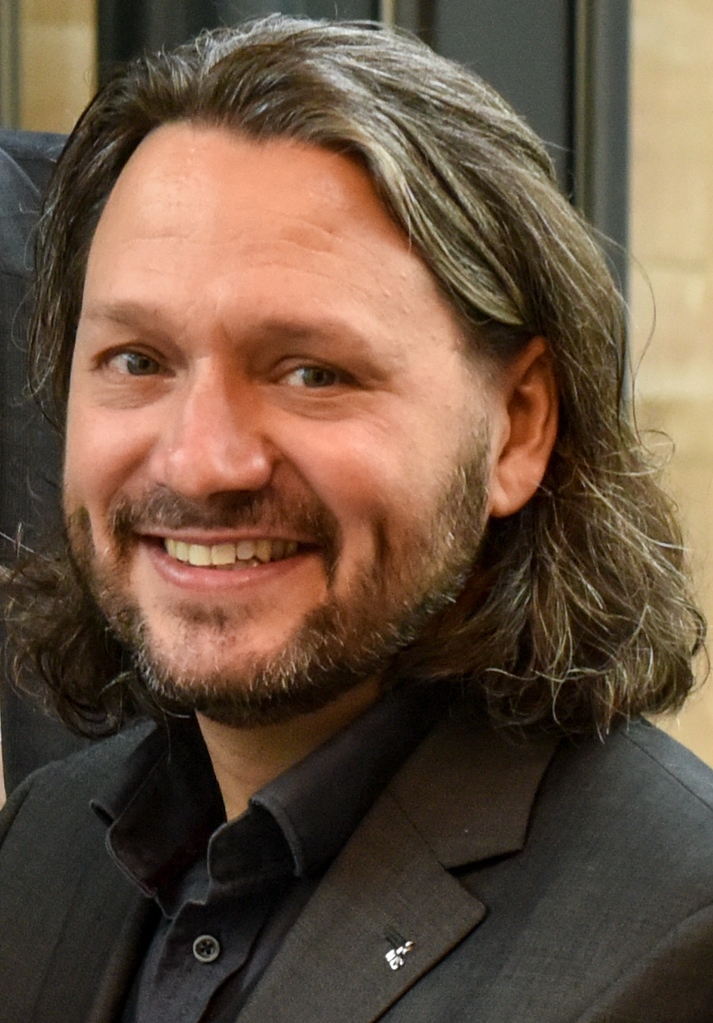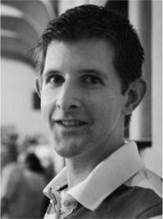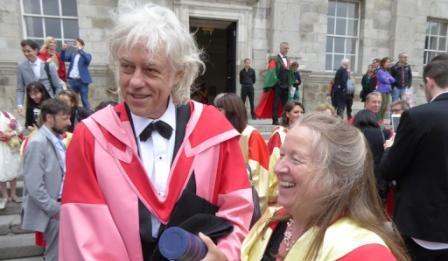Completed Postgraduate Research Degrees
Brochure for Postgraduate Studies available here.

Kate Oxsen - Royal Women in the Hebrew Bible/Old Testament
Building on my previous interest in the representation of gender in the Hebrew Bible/Old Testament (HB/OT), this project is focused on the depiction of the three most prominent royal women in the HB/OT: Bathsheba, Jezebel (with Athaliah), and Esther. These characters have received varying degrees of scholarly attention in their own right. However, a dearth of extended depictions of royal women elsewhere in the HB/OT suggests the merits of a reading strategy which explores the relationship between the narrative accounts of these three women. Supervisor: Prof. David Shepherd

Meins G.S. Coetsier - Towards a Theology of Prison Ministry.
Karl Rahner’s views on prison ministry, although valuable and of significance in their context, are not adequate to deal with the more complex needs and demands of prison ministry in the twenty first century. A greater pastoral appreciation is necessary of the traumas, conflicts and suffering experienced by prisoners, prison pastors, prison staff and, indeed, in the wider world. The subjective world of the prisoner also needs to be addressed in an effort to engage with the innate human desire for meaning and fulfilment. Prison ministry today draws on concrete experience of the above-mentioned traumas and conflicts and must be sensitive to and inspired by the search for meaning as experienced by prisoners. Such an approach leads to a theology based on empowerment that can be found through a creative and meaning-centred response to suffering, as illustrated by the lives of Viktor Frankl, Aleksandr Solzhenitsyn and Etty Hillesum. The fact that no extensive Rahner-study has been done before in relation to his theology of the prison pastorate, this study about his understanding of pastoral ministry in correctional facilities creates and advances the comprehension of a theological foundation for further scholarly analysis of a timely and imperative subject.
Meins Coetsier studied philosophy at The Milltown Institute of Theology and Philosophy and was awarded doctorate degrees from Ghent University in Philosophy (2008) and Comparative Science of Culture (2012). After postdoctoral research at Zurich University, he works as a deacon and prison chaplain for the Diocese of Fulda in Germany and as a part-time researcher in theology at Trinity College Dublin. He is author and editor of various academic books and has published several chapters, articles and conference proceedings in theology, philosophy, and culture studies.

Dr. Kristopher Seaman - Mission, Liturgy, and World in Relationality: Towards a Decentred Liturgical Theology of Mission.
I explore how liturgical theologies of mission unnecessarily limit the potential for mission outside of the church gathered for liturgy. Where my thesis seeks to go further than existing liturgical theologies of mission is to de-centre liturgy as a complete or normative site of mission. This is not to suggest that liturgy is unnecessary or that mission does not occur within liturgical ritual, but rather to suggest that mission is central to the activity of disciples living in the world, and liturgy supports that mission. Kristopher W. Seaman, DMin, PhD is currently lecturing in theology at Saint Xavier University, Chicago. Whilst serving on the editorial committee for the American Society of Missiology Series, he will be teaching a course in mission theology at Garrett-Evangelical Theological Seminary in Chicago this summer.

Dr. Mary Stefanazzi (Loyola Institute student 2013-2016)
THE NARRATIVE OF HUMAN FLOURISHING: A study of the dialogue between Victor White (Theologian) and Carl Jung (Analytical Psychology) on the frontier between theology and psychology
This research considered the contemporary relevance of the collaboration between Victor White, theologian, and Carl Gustav Jung the founder of Analytical Psychology. The Jung-White dialogue is of particular interest because it demonstrates the challenge and the value of rigorous interdisciplinary engagement. Although theology and psychology each share the same subject matter – the human person – the distinction lies in the way in which the subject is knowable.The work recommends White’s anthropology, which is grounded in the tradition of Aristotle and Aquinas, as a basis for interdisciplinary dialogue on what it means to be a flourishing human person. White’s corpus has much to contribute towards a greater understanding of what constitutes mental health. Although the times we live in have changed considerably, the essence of the human condition has not. This research has added considerable benefit to Mary’s work as a psychotherapist, workshop facilitator and clinical supervisor.

